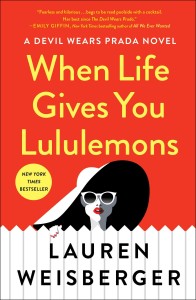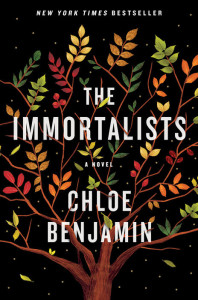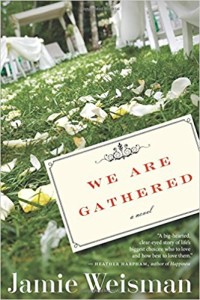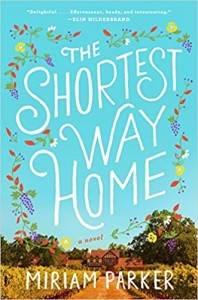
by Sarah M. Seltzer
More Summer Page-Turners and Pleasure Reads
The world is in a pretty dark spot right now, and books–whether heartbreaking or quirky or incandescent—are a rare opportunity to step away from the chaos and enlighten yourself at the same time. So we at Lilith think it’s okay—nay, great—to lose yourself in a summer story that gives you pleasure while you turn its pages.
So in addition to Chanel Dubofksy’s picks from last week, here are a few more 2018 books, ranging from slight to serious, that should give Jewish feminist readers (and indeed, all readers) something to curl up with as the summer hits its sultry stride.

When Life Gives You Lululemons, Lauren Weisberger
You know you don’t want to read this, but you also really want to read this. The Devil Wears Prada author and characters are back once more, except the action has been transposed from the skyscrapers and limos of the fashion magazine world to the titular yoga pants and minivans of suburban family keeping-up-with-the-Joneses.
In the wake of the smash success of Big Little Lies, we always have time for the dark side of white-gloved American life.
The Immortalists, Chloe Benjamin
Four young siblings on the Lower East Side of New York visit a fortune teller; she tells them when they’ll die, they each keep her prophecy to themselves.The suspense of what the predictions were, and whether they will bear out, propels this book through time and place, from San Francisco’s Castro district just before the AIDS outbreak to the magic shows of Las Vegas to the frontiers of scientific inquiry, all in search of answers to the question: how much do our expectations influence our choices?
 We Are Gathered, Jamie Weisman
We Are Gathered, Jamie Weisman
Every summer wedding season deserves a wedding novel, n’est-ce pas? In this one, by Jamie Weisman, the nuptials provide the occasion for high jinx and emotional lows in the shadow of champagne and bridal parties: Jamie Weisman adroitly constructs a community of characters, each created with a private network of thoughts and feelings, hopes and dreams…a masterful portrait of both sharp and delicate beauty,” says the Jewish Book Council.
 The Shortest Way Home, Miriam Parker
The Shortest Way Home, Miriam Parker
What if the greatest romance in a woman’s life was with herself and her potential? Parker’s debut novel begins when its heroine steps foot in an old winery, becomes enchanted, and decides to alter her life’s course. Says Publishers Weekly of the love triangle that ensues: “Parker’s story becomes less about being happy with a particular guy than about finding happiness by following one’s heart. The refreshing ending is the perfect capper to this accomplished debut.”
Support independent, Jewish and frankly feminist writing.
Support or subscribe today!